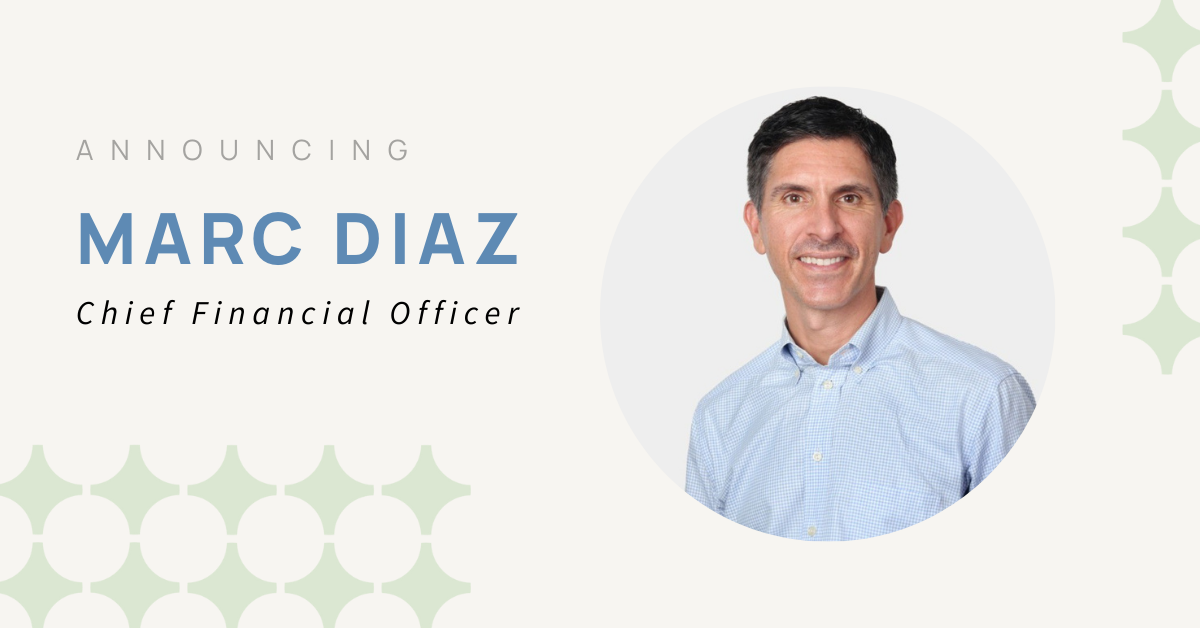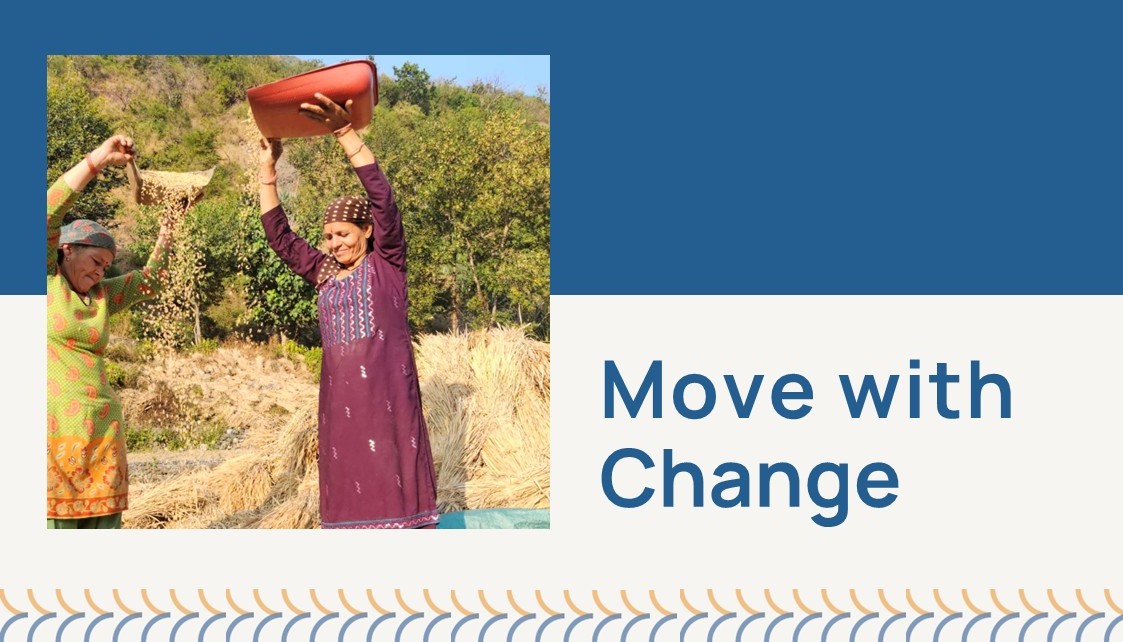Pick up a three-pack of men’s T-shirts for $8 and you feel good about getting a great deal—until you consider the true environmental and social costs. Toxic pesticides were used to grow the cotton. The garments were sewn by a sweatshop worker who labors long hours for below-poverty wages. And the T-shirts will wear out before you know it.
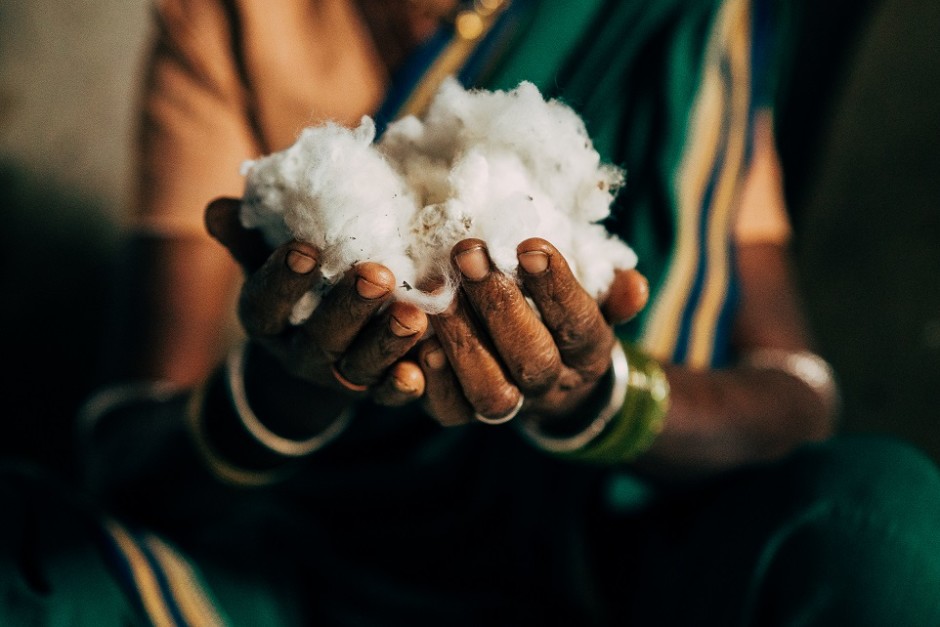
Big underwear manufacturers insist they need to make their garments this way—cheap, disposable, toxic—in order to compete. But the people who run Boulder-based PACT Apparel beg to differ. Yes, one of their tees costs $19.99, but it’s made to last. It is 100% organic cotton. And it was assembled in a factory where laborers receive a livable wage, health insurance, and free schooling for their children.
What’s more, PACT’s T-shirts are flying off the shelves. The company has proven that consumers care about ethical sourcing.
“What sets PACT apart is its commitment and willingness to work with the entire supply chain in a way that few other companies have,” says RSF lending manager Mike Gabriel. “The company is engaged on a very grassroots level.”
Inspiration: Fair Treatment for Labor
Jeff Denby and Jason Kibbey created PACT Apparel in 2011 after meeting at business school at the University of California, Berkeley. Before Denby entered graduate school, his job took him to Asia, where he found the labor conditions deplorable. That experience convinced him there should be a better way. Kibbey had worked with Patagonia developing a non-profit called Freedom to Roam, so their partnership was a natural fit.
“Both Jeff and Jason wanted to move the apparel industry forward from a sustainability and transparency standpoint,” says Seth Beers, PACT’s interim chief operating officer. “They thought they could bring basics to market in a more environmentally and socially conscious way.”
Innovation: Fair Trade from Farm to Factory
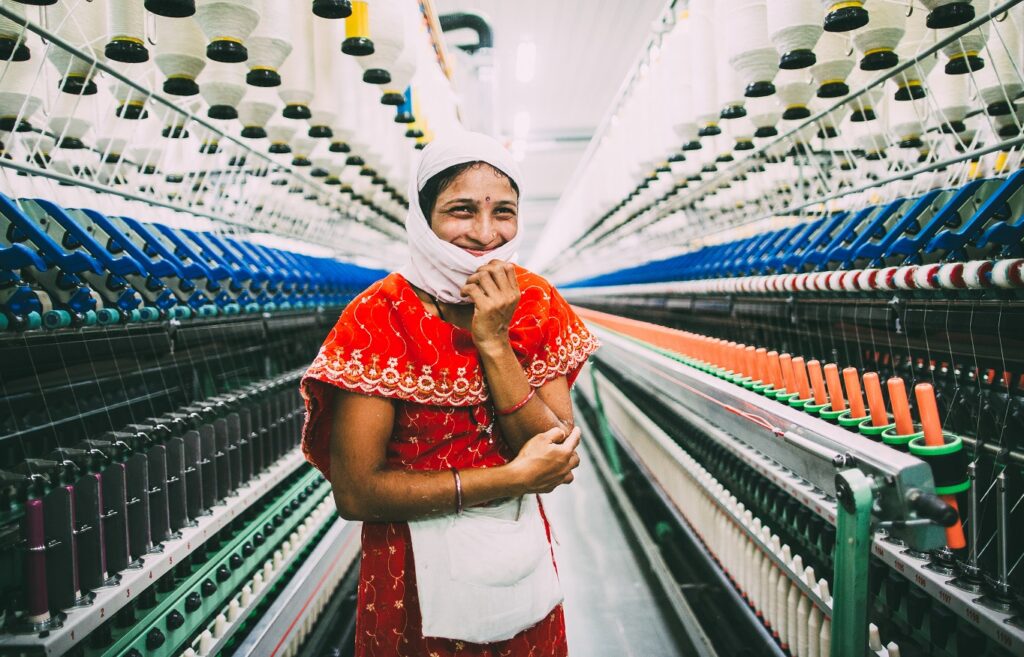
The company grew quickly, and PACT’s products soon became the first Fair Trade–certified clothing to be sold at Whole Foods. But taking the high road had challenges. First, the founders had to find factories that treated workers ethically and that could also handle the size of their business. “Jeff and Jason spent an enormous amount of time and money traveling around the world to find the right partners,” says Beers.
They initially settled upon a factory in Turkey, but in 2013, PACT shifted a large portion of its manufacturing to a Fair Trade– certified factory in India and started buying its cotton from Chetna Organic, a farming cooperative in India. “It was an opportunity to cut costs,” says RSF’s Gabriel, “but it also allowed PACT to have a much bigger impact on its farmers.”
The social benefits were great. The factory PACT partners with provides good wages and year-round employment to its workers, plus health insurance and free education for workers’ children. At Chetna’s 40,000 small farms, farmers get a higher price for growing organic cotton and receive their payments at the time of harvest. It’s a win-win for everyone—but it involves a lot of costs up front.
Mission Fit: Bridging a Gap for Economic Justice
Because Chetna’s farmers have historically lacked access to traditional financing, they need to receive payment for their cotton right at the time of harvest. As a result, PACT has to buy cotton well in advance of manufacturing (in the conventional cotton world, companies buy when they’re ready to make garments). To bridge that gap, PACT often needs influxes of cash—and that’s where RSF comes in.
PACT funded its initial growth with the help of angel investors, and then, in 2011, the private equity firm Revelry Brand acquired PACT. When PACT needed working capital to pay the Chetna farmers at harvest time, though, the company decided upon an Lainaa ilman vakuuksia loan rather than equity funding. It approached several lenders, but chose RSF—Revelry had introduced them in early 2014—because RSF had the clearest understanding of PACT’s mission and challenges.
“We really like that RSF has heard stories like ours before,” says Beers. “They have worked with other sustainable agriculture companies, and they don’t think PACT is the only company in the world dealing with how to evolve the supply chain in a positive way and deal with some of the financial gaps.”
In May 2014, RSF extended a $1.5 million asset-based line of credit to PACT. The lender has continued to stay deeply involved, too. “We talk all the time and work hard to understand how its whole supply chain works,” says Gabriel.
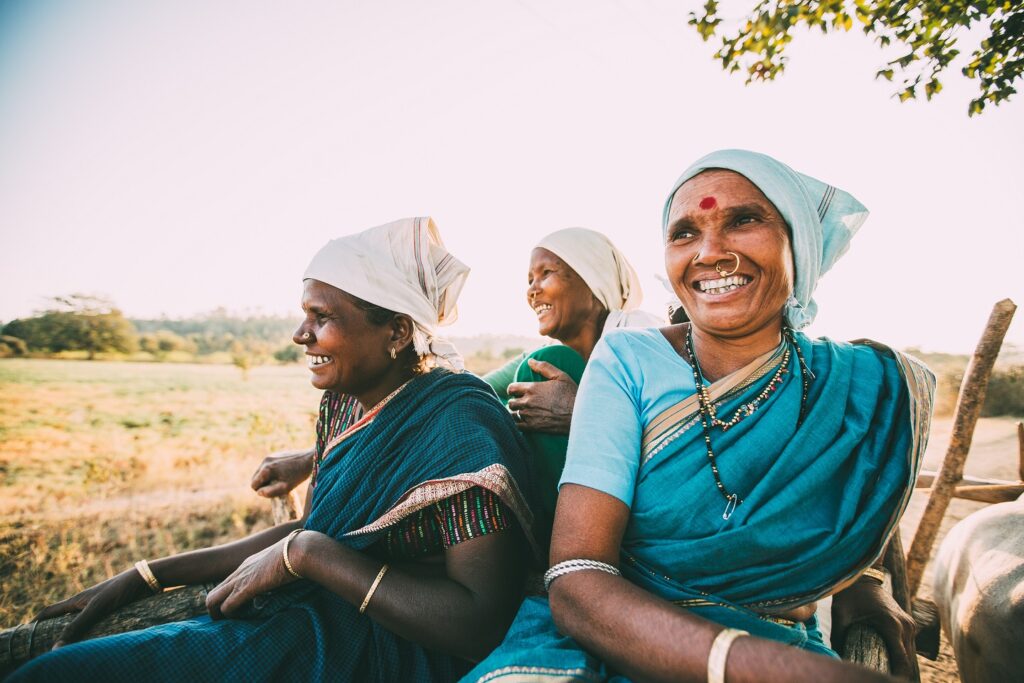
Impact: Scaling Up for Supply Chain Evolution
RSF’s line of credit has fueled rapid growth. PACT had $4 million in revenue in 2013 and expects $9 million in sales this year. The company also expects to turn profitable around the same time. PACT has no interest in expanding its product lines—it’s intentionally focusing on basics—but it is talking with mass retailers interested in carrying its products.
If that happens, PACT will be one step closer to its goal. “We aren’t really interested in making the greenest, most-pure pair of underwear for just five consumers in the world,” says Beers. “What we want is to have an impact in scale and to have consumers demand an evolution in the supply chain. The industry is so large that the social and environmental impacts can be huge.”
Melinda is Senior Manager, Marketing & Communications at RSF

